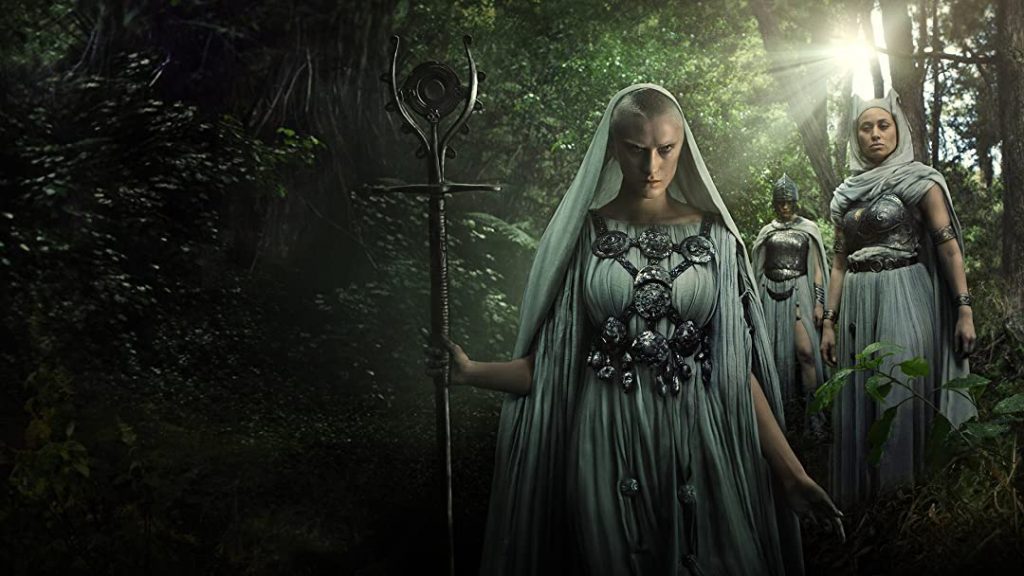The sixth episode of The Lord of the Rings: The Rings of Power finally provided us with an exciting action scene that equals the Battle of Helm’s Deep in The Lord of the Rings: The Two Towers, despite the fact that we had seen a few lesser conflicts in the first half of the season. The Rings of Power is the most costly television program ever produced, therefore Amazon Studios didn’t skimp on the size of the war. The troops of Nmenor save Adar (Joseph Mawle) and his army as they invade Bronwyn’s (Nazanin Boniadi) town. As they defend the inhabitants of the Southlands, Elendil (Lloyd Owen), Galadriel (Morfydd Clark), and Halbrand (Charlie Vickers) unite their strengths.
The identical alfirin seeds that Bronwyn gave Arondir (Ismael Cruz Córdova) as a gift in “A Shadow of the Past” are handed to her before the actual conflict. Since the Valar guard all life on Earth, Arondir says that it is a long-standing Elven custom to plant these alfirin seeds before a conflict. Before they split, she utters the phrase “new life, in defiance of death.” By the conclusion of “Udûn,” this adage has become fairly literal; when Bronwyn sustains a serious injury during the war, Arondir uses the seeds to heal the wound and save her life.
One of the key issues that The Rings of Power have explored is the link between the Elves and the natural world as well as their relationship with the Valar. Arondir’s action may appear to be nothing more than a sweet love gesture, yet it really alludes to a more intricate aspect of J.R.R. Tolkien’s mythology.
What Are the Seeds?
Planting the seeds is intended to secure the good fortune of the Valar, as Arondir explains to Bronwyn. The Valar are the angelic deities that serve Eru, as The Rings of Power has demonstrated in earlier episodes. In Arda, the Valar known as “Yavanna” has control over all growing things (the fictional universe where Middle-earth resides). She is also called “Ivon,” which means “Giver of Fruits,” in Sindarin, an Elven language that Arondir would be familiar with.
Tolkien’s Unfinished Tales elaborates on the particulars of the origination of the alfirin seeds. The flower of Men known as “simbelmyn” is referred to by the Elvish term “alfirin.” These flowers were described by J.R.R. Tolkien as “not dry and papery, just a magnificent bell-like flower, going through various hues, yet soft and gentle” in The Letters of J.R.R. Tolkien, a compilation of Tolkien’s draughts and endnotes, which was published in 1981.
These alfirin seeds, according to Tolkien’s reasoning, are principally connected to death since they grow on men’s tombs (primarily in the white variety). Are The Rings of Power intentionally altering the canon in this way? Maybe not. Despite Arondir’s intentions for this community to flourish, we discover at the episode’s conclusion that the entire neighborhood has been swept away to create the future location of Mount Doom. This implies that some of the human heroes we have encountered thus far might not survive the conflict with the dark lord for very long.
Connection to Lord of the Rings
These seeds produce the same simbelmyn flowers that bloom on the male graves in The Two Towers. When King Theoden (Bernard Hill) presides over his son Théodred’s burial in one of Peter Jackson’s movies, we get to see them (Paris Howe Strewe). Theoden’s niece Eowyn (Miranda Otto), performs a moving song as the slain Rohan warriors are laid to rest.
